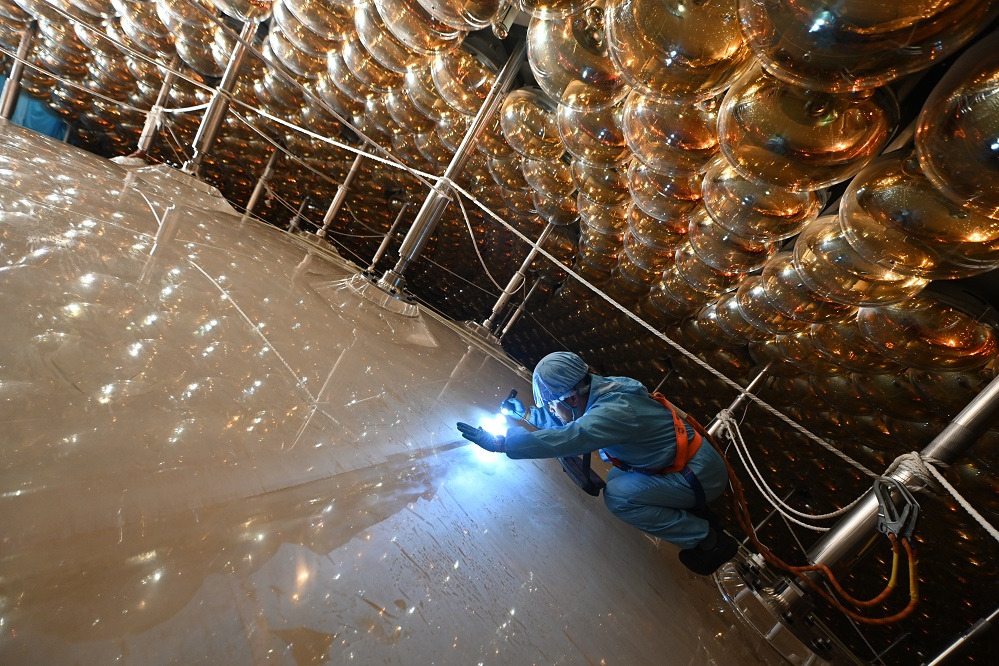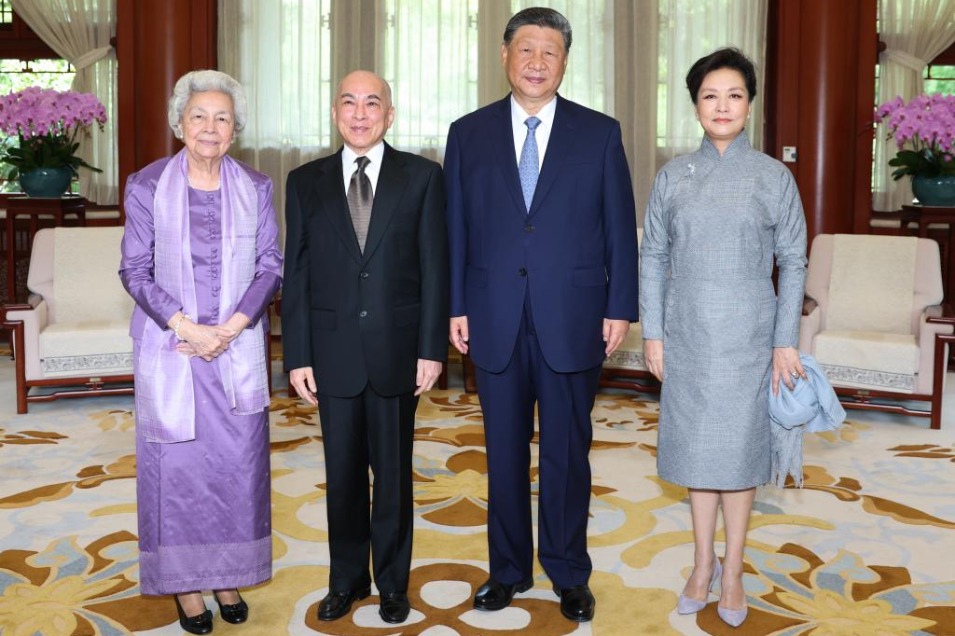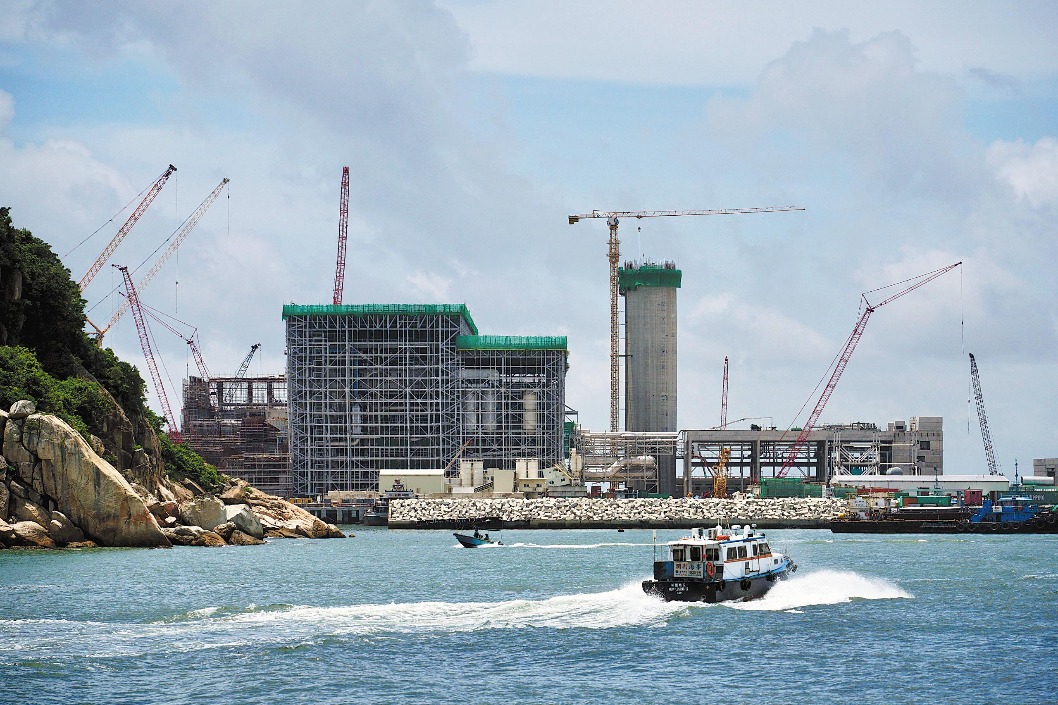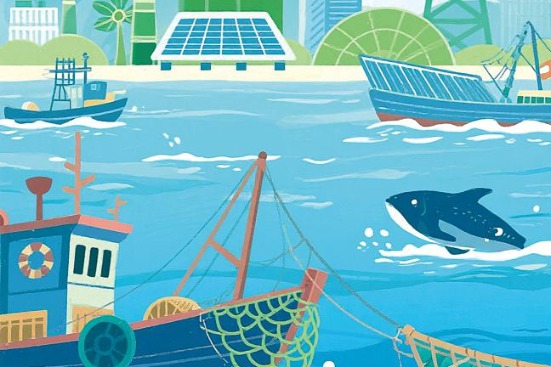Why it's vital to save the Iran nuclear deal

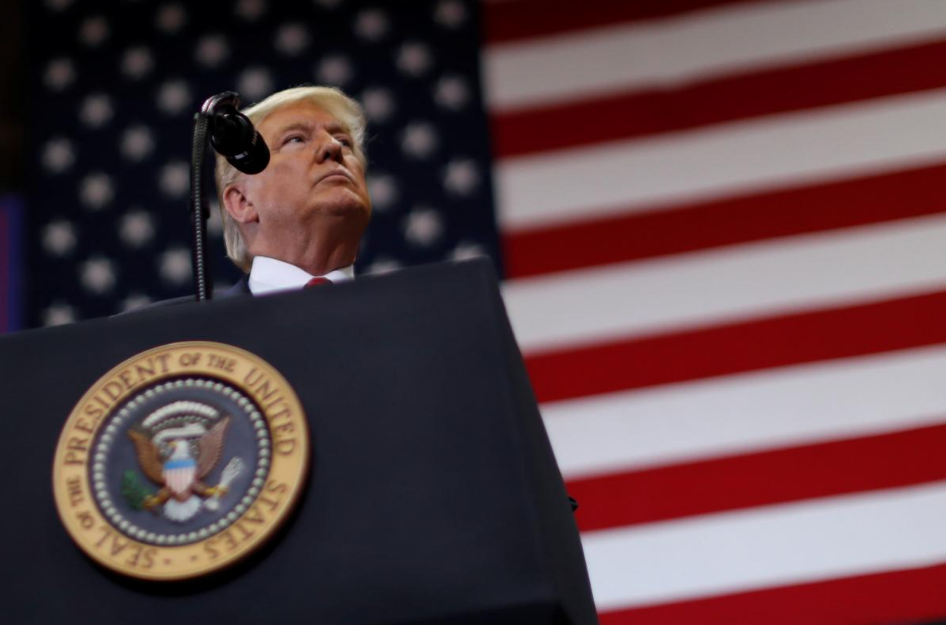
For all practical purposes, Iran has been driven to a corner since the United States withdrew from the 2015 Iran nuclear deal and re-imposed sanctions on the Middle East country. The first phase of sanctions targeting Iran's non-energy trade went into effect on Aug 6. In the second phase, the Trump administration announced on Friday that it will reimpose sanctions on Iran that were lifted under the historic Iran nuke deal.
Because of the US' withdrawal from the Iran nuclear deal and subsequent re-imposition of sanctions, the fear of confrontations between Iran and the US, and among Iran, Israel and Saudi Arabia have increased and the situation in the Middle East is worsening.
Due to the restrictions on Iran's oil exports, there has been a shortage of oil supply in the international market. The situation could worsen in the short term because it is difficult for other oil-producing countries to fill supply gap caused by "absence" of one of the world's largest oil suppliers.
Besides, the regional and international orders both could change, as the US sanctions would impede Iran's risepushing the country toward traditional allies such as Russia and Syria – and Hezbollah in Lebanon. Worse, sectarianism and the zero-sum political game will rise again in the Middle East while multilateralism and security cooperation emphasized in the Iran nuclear deal would suffer.
Moreover, saving the Iran nuclear deal is difficult. Even though the US' requirement of totally blocking Iran's oil exports cannot be met, countries such as Japan, India and Turkey have reduced oil imports from Iran, and several multinational companies have stopped operations in Iran.
Iran still wants to save the nuclear deal, but it expects other countries that signed the deal to "compensate its losses" due to the US sanctions. Iranian President Hassan Rouhani has also indicated Iran could stop exporting oil to the whole region in protest against the US sanctions.
Other signatories to the Iran nuclear deal can hardly compensate for Iran's losses due to the US sanctions. True, the European Union is willing to partly compensate for Iran's losses, but the different stances of EU countries on and the US' withdrawal from the Iran nuclear deal have made it difficult to save the historic deal.
With the EU being unable to share part of the compensation, China and Russia cannot make up for Iran's losses, and the two countries' trade with and investments in Iran will suffer more if and the Iran nuclear deal is not saved and Washington intensifiessanctions against Teheran.
In the short term, the US and Iran will be locked in a stalemate because they don't have effective means to prevail over each other.
The re-imposing of sanctions on Iran this time is different from those in the past. The widespread opposition to the US' unilateral withdrawal from the Iran nuclear deal andthe Donald Trump administration's "maximum pressure" policy could force the US to return to the negotiation table.
Iran will encounter both internal and external problems because of the US sanctions. So in its long-term interest, Iran should consider negotiation with the US.
But while Trump has indicated he wants unconditional talks with Iran, Rouhani has said the situation is not proper to hold talks with the US because of the sanctions, implying the US should either return to the 2015 nuclear deal or agree to a new one.
As such, other signatories to the Iran nuclear deal should try to strengthen negotiation and cooperation to opposethe US sanctions and help lessen the harm caused to Iranbecause of the US sanctions, and protect trade and other economic relations with Iran. They should also make efforts to help the US and Iran to hold talks. For if Iran quits the deal, it might resume its nuclear projects, which will increase the chances of confrontation in the Middle East and hamper regional peace.
The author is an associate researcher at the Institute of World Economics and Politics at the Chinese Academy of Social Sciences.
















